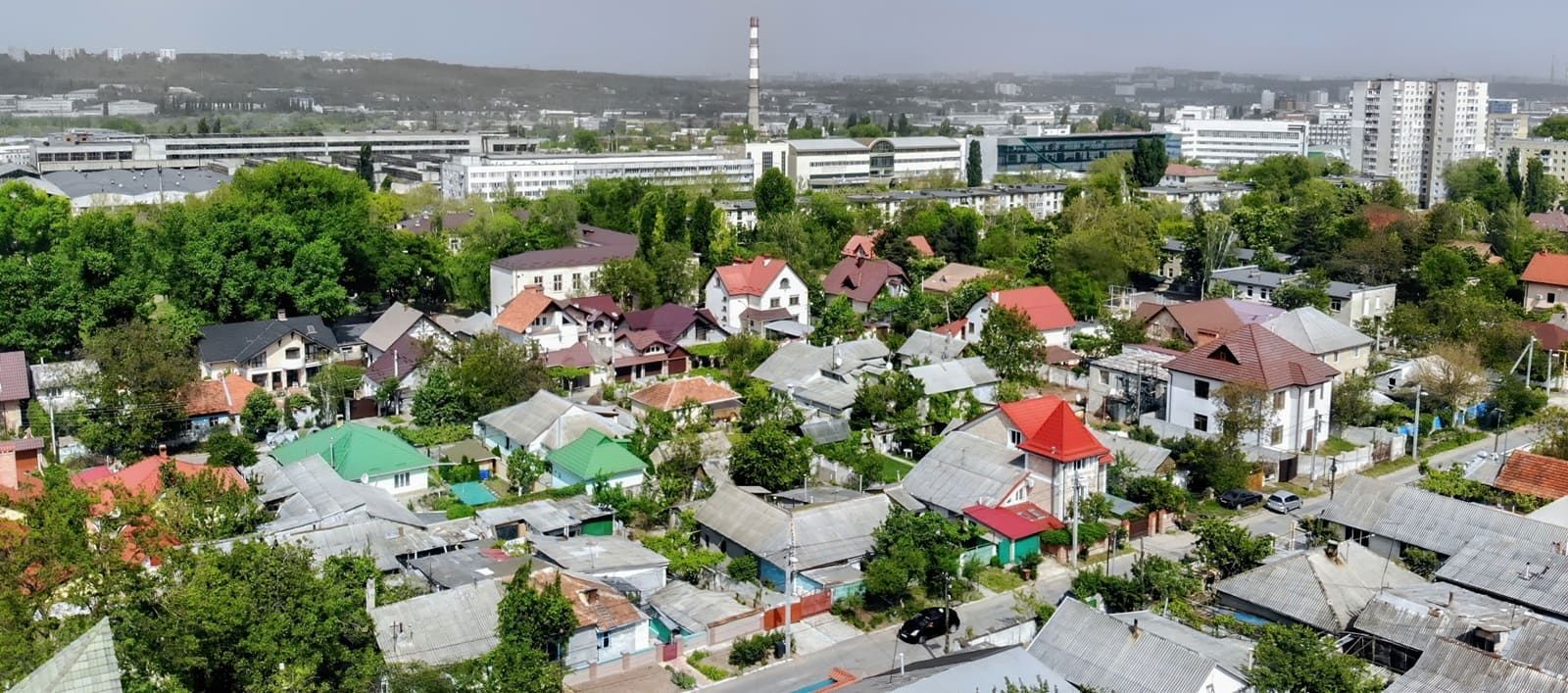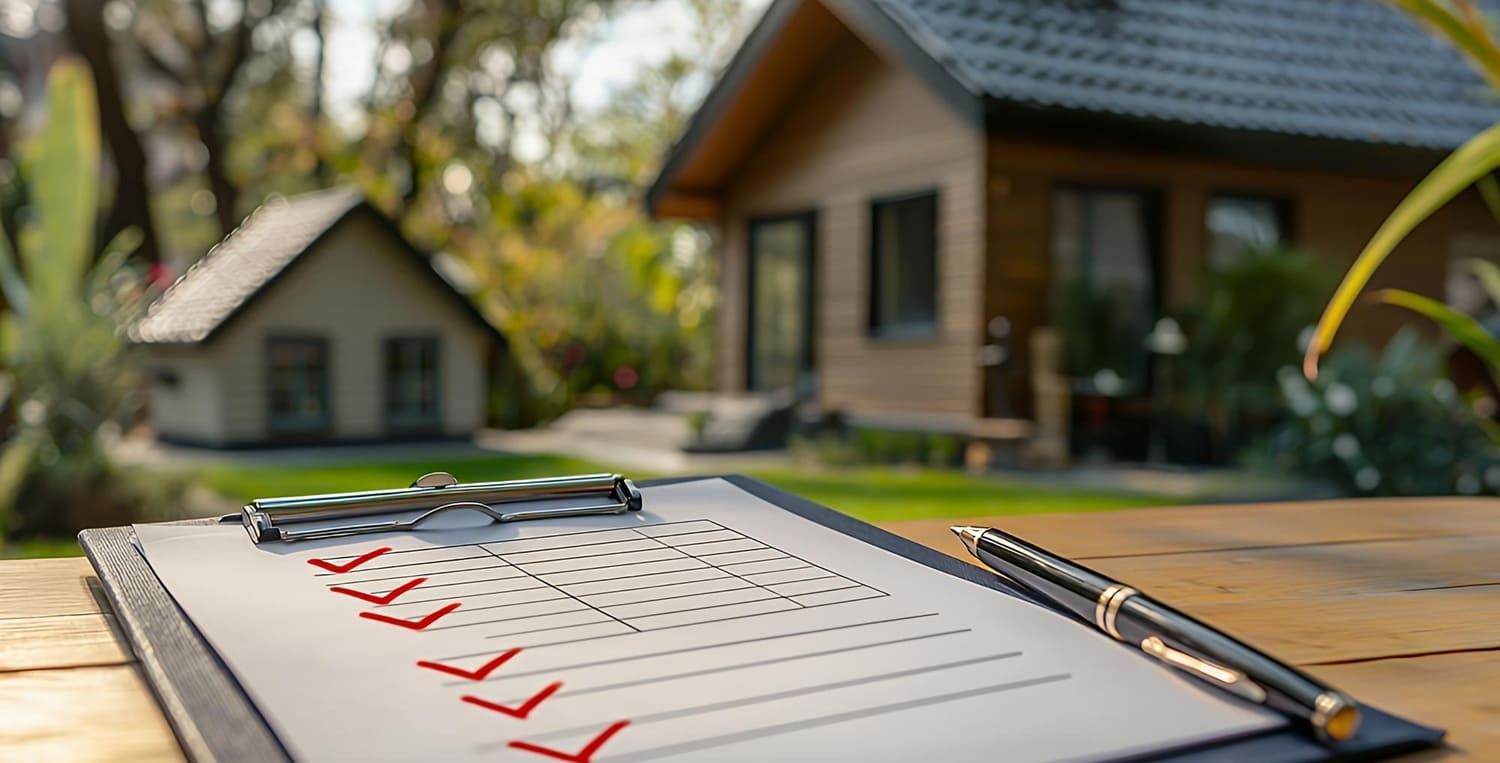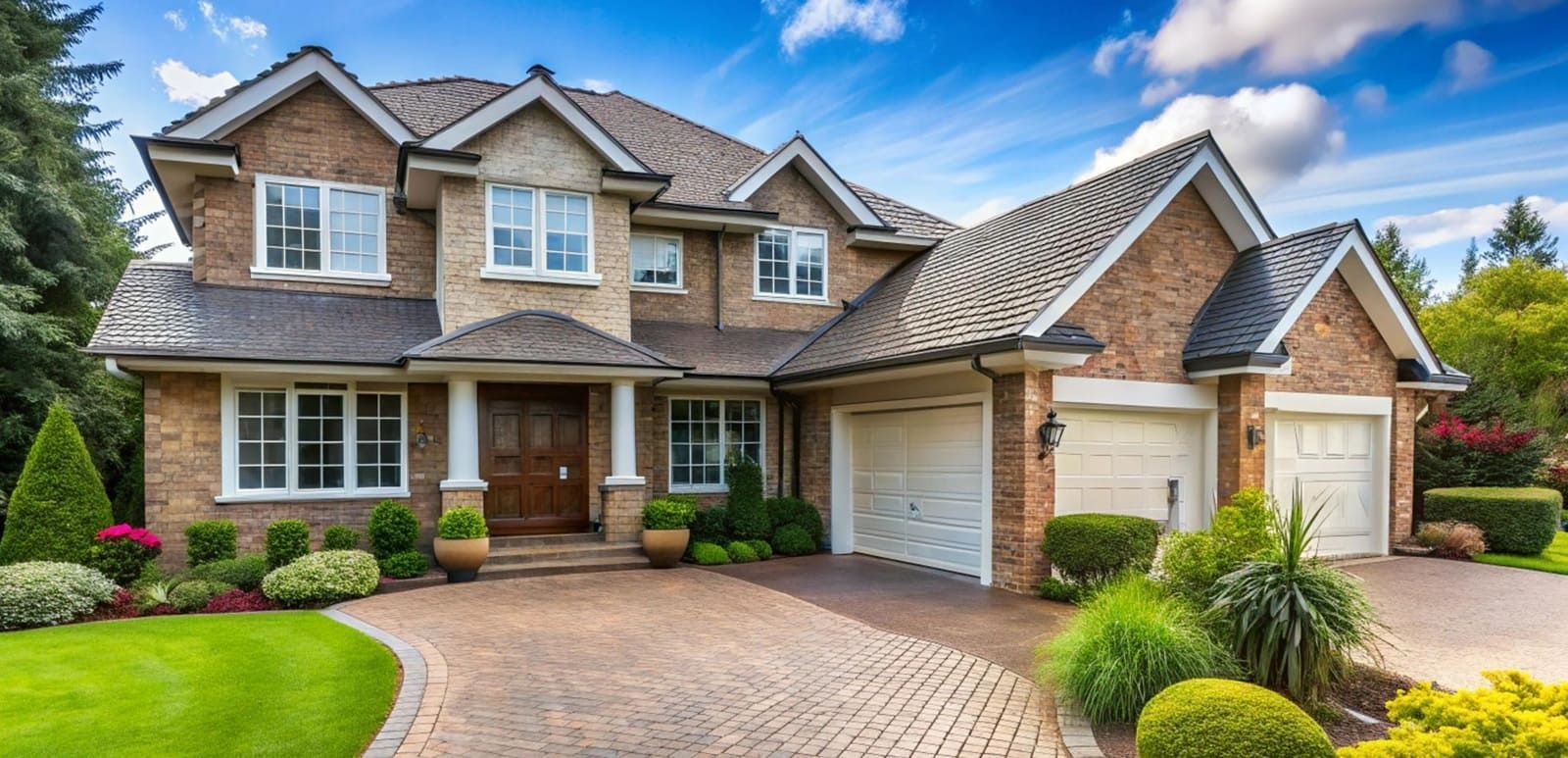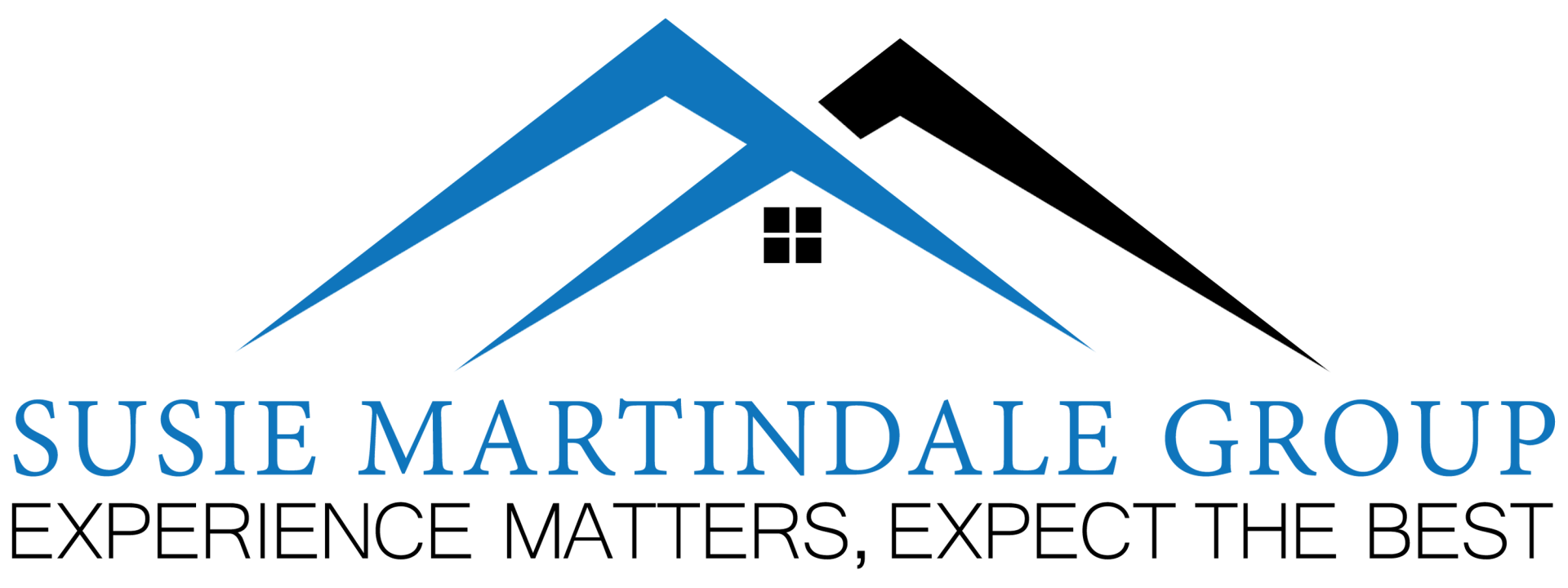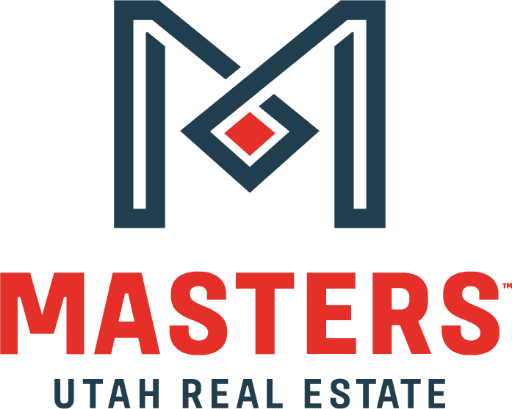Hidden Costs of Buying a Home You Should Know
When you think about buying a home, the purchase price is likely the first thing that comes to mind. This figure is the most visible and often forms the basis of your initial budget planning. However, the hidden costs can be just as important, if not more so, in terms of their impact on your financial well-being. These expenses can significantly alter the total cost of homeownership and affect your long-term financial health. These costs can vary depending on your location, the type of property, and the specific circumstances of your purchase. Let's dive into the 11 hidden costs you should be aware of. Understanding these costs in advance can help you avoid financial pitfalls and make a more informed decision about your home purchase.

1. Home Inspection Fees
A home inspection is a crucial step in the home-buying process. It helps you identify potential issues with the property before you commit to buying. While the inspection fee varies, you can expect to pay between $300 and $500. It's a small price to pay for peace of mind and can save you from costly repairs down the road. A thorough inspection can reveal structural issues, outdated systems, or safety hazards that might require immediate attention. Knowing these issues upfront can also give you leverage in negotiating the purchase price or requesting repairs from the seller.
Home inspections can also offer insights into future maintenance needs, helping you budget for ongoing upkeep. While some buyers may be tempted to skip this step to save money, doing so can lead to unpleasant surprises and significant expenses later on. By investing in a professional inspection, you ensure that the property is a sound investment and that you're fully aware of what you're getting into.
2. Appraisal Fees
Lenders often require an appraisal to determine the value of the home you want to buy. This fee typically ranges from $300 to $400. The appraisal ensures that the lender isn't lending more money than the property is worth. A comprehensive appraisal not only protects the lender but also safeguards your financial interests by confirming that you're paying a fair price for the home.
Appraisals can also affect your loan conditions, such as interest rates and terms, which can influence your overall financial strategy. If the appraisal comes in lower than the purchase price, you might need to renegotiate with the seller or come up with additional funds to cover the difference. Understanding the appraisal process and its impact on your mortgage can prepare you for any adjustments needed in your buying strategy.
3. Closing Costs
Closing costs encompass several fees you'll need to pay at the finalization of your home purchase. These can include attorney fees, title insurance, and origination fees. On average, closing costs can be between 2% and 5% of the home's purchase price. It's essential to budget for these costs to avoid surprises at the closing table. Being informed about these costs ensures that you have the necessary funds to complete the purchase without derailing your financial plans.
In addition to the standard fees, closing costs can sometimes include pre-paid expenses like property taxes and homeowners insurance. It's crucial to review your closing disclosure carefully to understand all the charges. Some costs are negotiable, so it's worth discussing them with your lender to see if any reductions are possible. By doing so, you can potentially save money and ensure that you're not overpaying.
4. Property Taxes
Property taxes are an ongoing cost that homeowners must pay. They vary based on your home's location and assessed value. Before purchasing a home, research the property tax rate in the area and calculate how much you'll owe annually. This expense can significantly impact your monthly budget, so it's crucial to account for it when planning your finances.
Property taxes often increase over time, especially in growing communities where home values rise. It's wise to anticipate potential increases and factor them into your long-term financial planning. Understanding the local government's assessment process can also provide insights into how your property's value—and consequently, your taxes—might change. Being proactive in this area can help you avoid unexpected financial strain.
5. Homeowners Insurance
Homeowners insurance is a necessity for protecting your investment. The cost of insurance depends on factors such as the home's value, location, and risk factors like natural disasters. On average, homeowners insurance can cost between $300 and $1,000 per year. Be sure to shop around for the best coverage at the best price. Comparing policies from different providers can lead to significant savings without sacrificing the necessary protection.
In addition to basic coverage, you might need additional policies for specific risks, such as flood or earthquake insurance, depending on your location. These additional policies can raise your premiums, so it's important to understand the full scope of your insurance needs. Regularly reviewing your coverage and making adjustments as needed can ensure that you're adequately protected while keeping costs manageable.
6. Private Mortgage Insurance (PMI)
If you're putting down less than 20% of the home's purchase price, your lender may require you to pay for private mortgage insurance (PMI). PMI protects the lender in case you default on your loan. This added cost can range from 0.5% to 1% of the loan amount annually. While PMI is an additional expense, it can also make homeownership possible for those who don't have a large down payment.
PMI payments can be eliminated once you reach a certain level of equity in your home, typically 20%. Understanding the terms of your PMI can help you plan for its eventual removal, thus reducing your monthly payments. It's crucial to weigh the benefits of paying PMI against the savings you might achieve by waiting to buy until you can make a larger down payment.
7. HOA Fees
If you're buying a home in a community with a homeowners association (HOA), you'll need to budget for HOA fees. These fees cover the maintenance and upkeep of shared spaces and amenities. They can range from $100 to several hundred dollars per month, depending on the community. HOA fees can significantly influence your monthly expenses, so it's important to factor them into your budget.
In addition to regular fees, HOAs can impose special assessments for major repairs or upgrades to common areas. Reviewing the HOA's financial health and meeting minutes can provide insights into potential future costs. Understanding your rights and responsibilities within the HOA can also help you avoid conflicts and ensure a positive living experience.
8. Maintenance and Repairs
Owning a home comes with the responsibility of maintaining and repairing it. From routine maintenance like lawn care to unexpected repairs like a leaky roof, these costs can add up quickly. It's wise to set aside 1% to 3% of your home's value each year for maintenance and repairs. This budget can help you handle routine upkeep and unexpected expenses without financial strain.
Regular maintenance not only preserves the value of your home but can also prevent costly repairs down the line. Developing a maintenance schedule and staying proactive about addressing minor issues can save you money and stress. Investing in quality materials and services when repairs are needed can also ensure that your home remains a safe and comfortable place to live.
9. Utilities
When you become a homeowner, you'll be responsible for paying utilities such as water, electricity, gas, and trash collection. These costs can vary based on your location and usage, so it's essential to research the average utility costs in your area. Understanding these expenses in advance can help you budget effectively and avoid surprises.
Implementing energy-efficient practices and appliances can reduce your utility costs, providing long-term savings. Additionally, understanding the billing cycles and payment options for your utilities can help you manage these expenses more effectively. Staying mindful of your consumption habits can also lead to more sustainable living and financial savings.
10. Moving Costs
Moving to a new home involves expenses like hiring movers, renting a truck, or purchasing packing supplies. The cost of moving can vary significantly based on the distance and the size of your move. Be sure to budget for these expenses to avoid last-minute stress. Planning your move well in advance and comparing quotes from different service providers can lead to cost savings.
Considering the timing of your move can also affect costs, as moving during peak seasons or weekends can be more expensive. Packing efficiently and decluttering before your move can also reduce expenses by decreasing the number of items to transport. Being organized and prepared can make your move smoother and more cost-effective.
11. Furniture and Appliances
Once you move into your new home, you may need to purchase furniture and appliances to fill the space. These costs can vary widely depending on your preferences and needs. It's essential to budget for these items to ensure your home is comfortable and functional. Prioritizing essential items and considering second-hand options can help you furnish your home without breaking the bank.
Timing your purchases to coincide with sales or using financing options can also spread out the costs and make them more manageable. Investing in quality pieces can provide long-term value and durability, reducing the need for frequent replacements. Creating a wish list and setting a realistic budget can guide your spending and keep you focused on your priorities.

Hidden Costs of Buying a Mobile Home
Buying a mobile home comes with its own set of hidden costs. While they may be more affordable upfront, it's important to consider factors such as land rental fees, utilities, and insurance. Additionally, mobile homes may require more frequent maintenance and repairs due to their construction. Understanding these unique costs can help you make a more informed decision about whether a mobile home is the right choice for you.
Mobile homes often have different financing options and may be subject to different regulations than traditional homes. It's important to research these aspects thoroughly to avoid unexpected challenges. By considering all the associated costs and requirements, you can better plan your budget and enjoy the benefits of mobile home living without financial surprises.
Salt Lake City Real Estate Considerations
If you're considering buying a home in Salt Lake City, it's crucial to understand the local real estate market. The city's growth and popularity have led to rising home prices, which can impact the hidden costs associated with buying a home. Researching property taxes, HOA fees, and other expenses specific to Salt Lake City can help you make a more informed decision. Understanding local market trends can also provide insights into potential future changes in home values and costs.
Engaging with local real estate professionals can provide valuable guidance and help you navigate the complexities of the Salt Lake City market. They can offer insights into desirable neighborhoods, market conditions, and potential investment opportunities. By taking the time to thoroughly research and understand the local market, you can make a more informed and confident home-buying decision.
Conclusion
Buying a home is a significant financial commitment, and understanding the hidden costs can help you plan more effectively. At The Susie Martindale Group, our team of dedicated, licensed professionals proudly serving clients throughout Salt Lake Valley and Park City, we guide you through every step of the home-buying process—including the costs that aren’t always obvious upfront.
By budgeting for these additional expenses and conducting thorough research, you can make a more informed decision and enjoy the benefits of homeownership without unexpected financial stress. From closing costs and inspections to HOA fees and maintenance, being prepared helps you stay in control and confident throughout your journey.
Contact The Susie Martindale Group today for expert guidance, personalized support, and a smoother path to homeownership.
Awareness and preparation are key to avoiding surprises and ensuring that your home purchase aligns with your financial goals.



